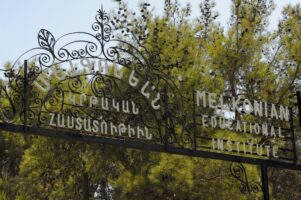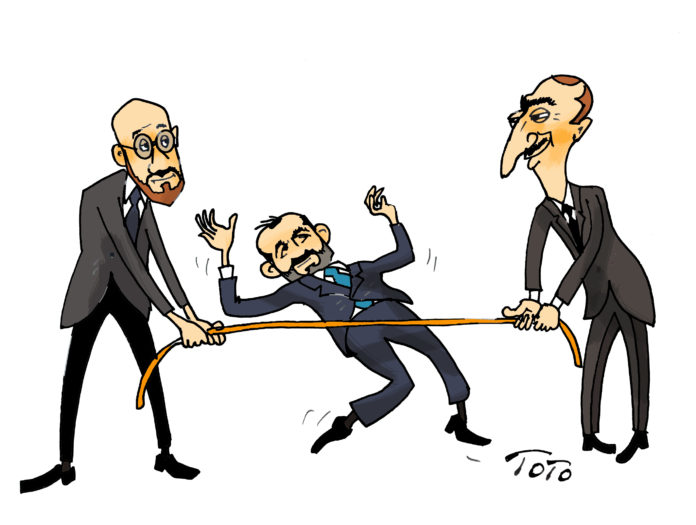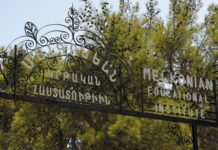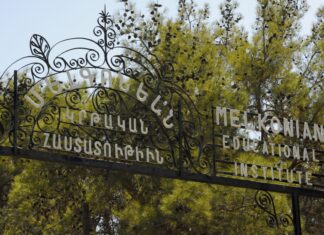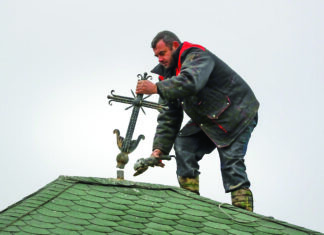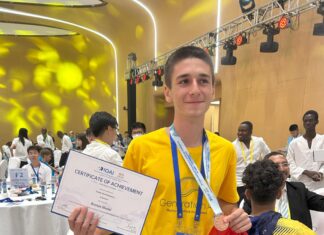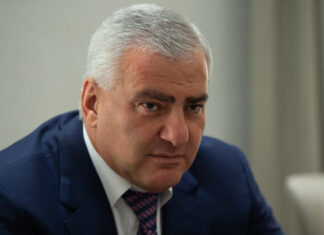There has always been a latent sense among some quarters of Armenia’s population that in order to be able to live in peace in Amenia, that country has to jettison the cause of Karabakh (Artsakh).
That sense is becoming more prevalent and is taking the shape of a policy, to the chagrin of the people of the enclave and against the political logic of the Caucasus.
It is apparent that after overrunning Karabakh in 2020, the Azerbaijani forces have encroached upon Armenia itself, occupying 45 square kilometers of Armenia proper and they are pushing for a corridor within Armenia’s sovereign territory.
Armenians lost their last historic kingdom in the year 1375 and they have no hope of recovering the lands lost then. The lost Karabakh lands may also end up joining forever the long-lost homeland. The impact of the 44-Day War will be felt for centuries to come and our generation will be held accountable before history and future generations of Armenians.
Losing Karabakh does not necessarily ensure living in Amenia peacefully; instead, it exacerbates the fears for a loss of the remaining homeland in the near future.
Whatever politics are conducted today will shape the destiny of future generations. We are not sure if people engaged in that politics fully are cognizant of that fact, in these days of political expediency.
